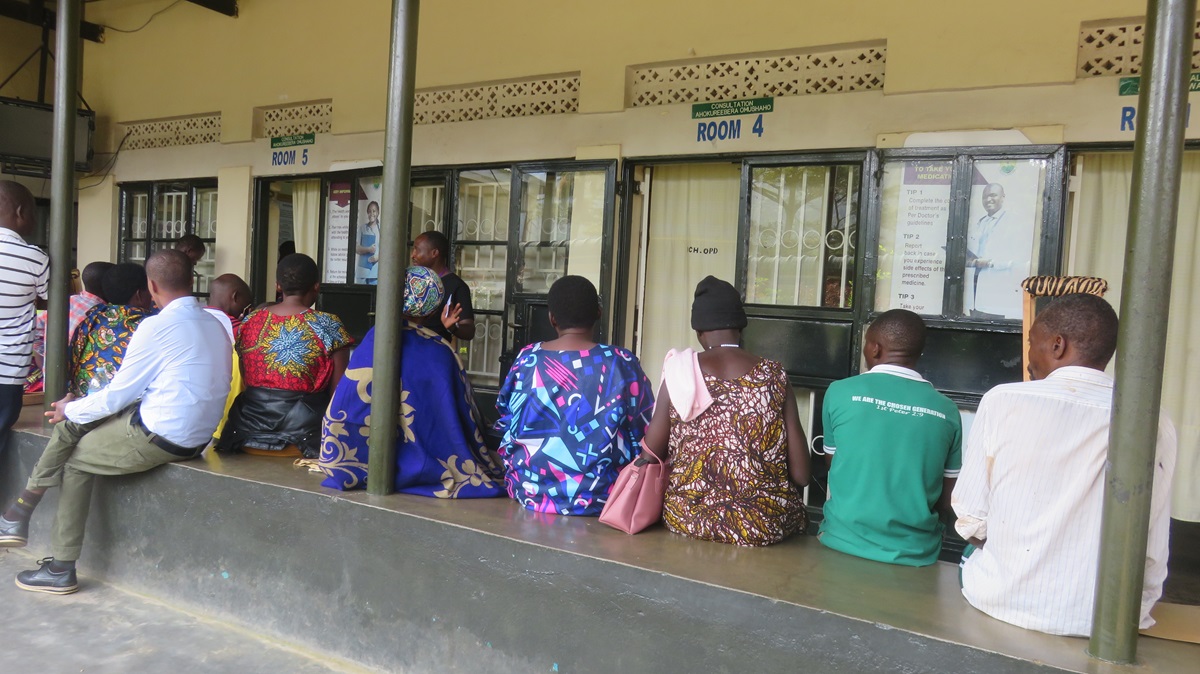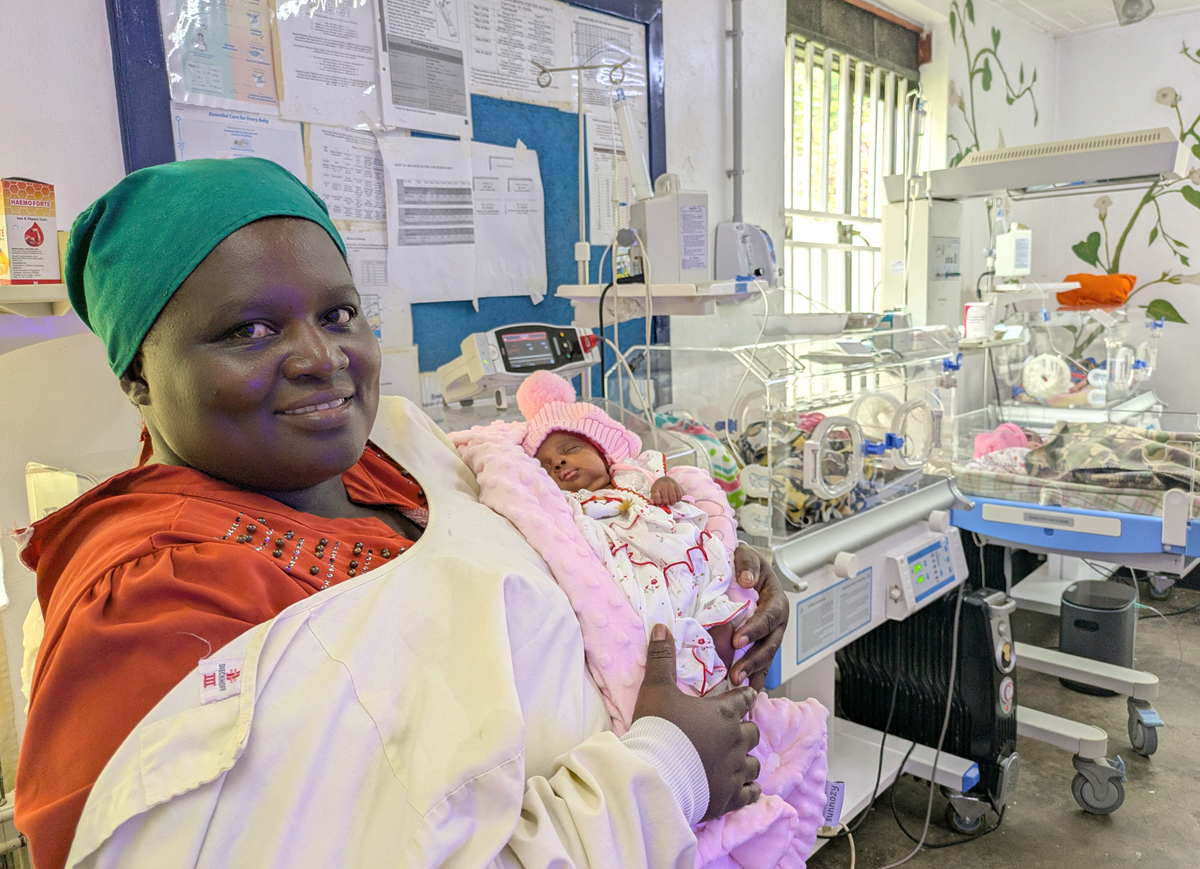HIV Service Integration: How Bwindi Hospital is Providing HIV Services Amidst USAID Freeze

"At first, we thought we were going to lose our jobs," said Kenneth, the InCharge for the former HIV department. "The Executive Director helped us; she met with the entire HIV staff and promised to retain us. Our counselors are not solely for the HIV clinic. We have redistributed them to other departments." Kenneth has been working at Bwindi Community Hospital ever since he finished his nursing course at the Uganda Nursing School Bwindi, a training wing that was established in 2013 by the hospital.
Peace Atwongyeire, commonly known as Aunt Peace, has also been working with BCH for 18 years, counseling HIV clients and providing guidance on how to live positively by adhering to their medication. Aunt Peace's services have long benefited only the HIV Department. With the recent approach of integrating HIV services, many more people are benefiting from her wise counsel.
Following the 2023 executive orders by U.S. President Donald Trump and the subsequent freeze of USAID funding, and most recently termination of the USAID awards, Bwindi Hospital, like other affected facilities, has integrated HIV services into general outpatient services. For years, HIV services were offered in a stand-alone clinic, and this sudden change has led to job losses for many HIV service providers in the country.
With this change, BCH management, led by Dr. Charlotte Aguti, has decided to redistribute the HIV staff - about 19 of them, including nurses, counselors, peer supporters, and record keepers- to other departments. Dr. Aguti emphasized that everyone at BCH is like a family, and the administration is committed to supporting their staff through this challenging period.
The integration has allowed many clients on other hospital services to receive more holistic care. General patients who previously lacked information about HIV services are now better informed. Patients experiencing side effects of HIV medication, such as hypertension and diabetes, can now receive assistance in their chronic care clinic.
Dr. Aguti mentioned that the integration has helped fill some staff gaps, as the former HIV clinic staff are now working in other departments.
BCH provides care to 1,190 clients on Highly Active Antiretroviral Therapy (HAART), following established treatment protocols. This includes 78 children (ages 0-19) and 80 mothers enrolled on Prevention of Mother-to-Child Transmission (PMTCT) programs. Among clients, 1,102 (92.6% are on first-line ART regimens, 86 (7.2%) are on second-line regimens, and 2 clients are on third-line regimens, with all regimens reported as effective for their users.
However, there are challenges with the new change. Kenneth expressed his concerns about the limited outreach in communities due to lack of funding, especially regarding sexual and gender-based violence (SGBV). He noted that they used to visit households to provide information, but now they can only rely on phone calls. And, with the termination of all USAID Programs in Uganda, BCH hopes that the government will provide all the antiretroviral medicines (ARVs) and other key commodities
At the moment, there is need to ensure that BCH continues to serve the most vulnerable by keeping essential HIV treatment programs operational, providing urgent medical care for those in crisis.
Bwindi Community Hospital has intensified patient education efforts. BCH staff are now reaching out to the community during corporate worship services to interact with and educate them about the ongoing changes.
By Elizabeth Namara




